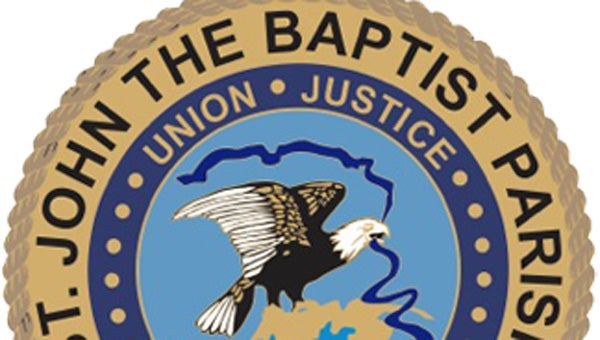Council discusses size & scope of proposed drainage crew
Published 12:05 am Saturday, August 1, 2020
|
Getting your Trinity Audio player ready...
|
LAPLACE — Establishing a crew in the St. John the Baptist Parish Utilities Department charged with maintaining and clearing the parish’s drainage canals and ditches has sparked controversy among parish council members for close to a decade.
But the much-debated proposal appears to have finally gained momentum, and in the coming months such a crew, whether it’s made up of parish employees or outsourced to a private firm, could finally be established. During the council meeting this past Tuesday night, several proposals were discussed regarding the size, scope and cost of such a corps.
Councilwoman Tyra Duhé-Griffin suggested creating a crew of three to four utility workers whose sole responsibility would be to clean and clear the more than 15 miles of ditches and canal but also to identify problem areas. She also suggested developing a regular schedule throughout all areas of the parish to clear the ditches of debris and trash.
“I don’t want to create another department, but maybe we can revisit our budget in October and put a little crew together,” she said.
Councilwoman Tammy Houston said the majority of calls she receives from her constituents focus on drainage issues and said many residents are concerned about water seeping into their homes during heavy rainfalls.
“If there is something we can to do help the problem we need to make it happen,” she said.
Council Chairman Lennix Madere, an outspoken critic of the parish’s drainage system since taking office in 2012, said he initially approached the council regarding the problem as a private citizen in 1987. He said Duhé -Griffin’s suggested number of three to four workers would accomplish little and suggested a crew of 12 to 15 individuals broken into groups who would be assigned to certain areas of the parish.
He called the drainage problem a “three-headed monster,” citing the parish, the railroad and individuals who continue to throw their garbage and trash into the canals as the culprits.
Citing a familiar refrain, he said pressure must be applied on Canadian National Railway, the parent company of Illinois Central Railroad, to clear the debris, including old railroad ties, from the track beds. Those abandoned beds have acted as dams in the past, impeding water flow.
Councilman Kurt Becnel and Parish President Jaclyn Hotard later in the meeting also called out the Louisiana Department of Transportation and Development for not adequately maintaining ditches along state highways located in the parish.
The idea of privatizing the work was also discussed, with Councilman Robbie Arcuri saying hiring a private company to measure a crew’s effectiveness rather than giving “carte blanche to hire 15 people” might be more pragmatic.
Saying he understands the “money situation” the parish is facing, Madere said he is “50-50” on hiring an outside firm to perform the work. He did suggest, however, potentially hiring a firm to clear the ditches during certain times of the year, such as hurricane season.
No matter the final solution, Duhé-Griffin called for all areas of the parish to be treated equally, saying she gets “sad” when she sees how well-maintained canals in certain districts are maintained and not always in her district.
Houston said initiating a planned schedule is the only fair way to assure equitable treatment for all districts.
Hotard said her administration was in the early stages of assessing drainage hot spots but that process has been derailed by the coronavirus pandemic.
“We are looking at what we need to move forward,” she said, adding that clearing canals and ditches comes with a hefty price tag.
“We have a lot of work to do and it will cost a lot of money to get it done,” Arcuri acknowledged.





